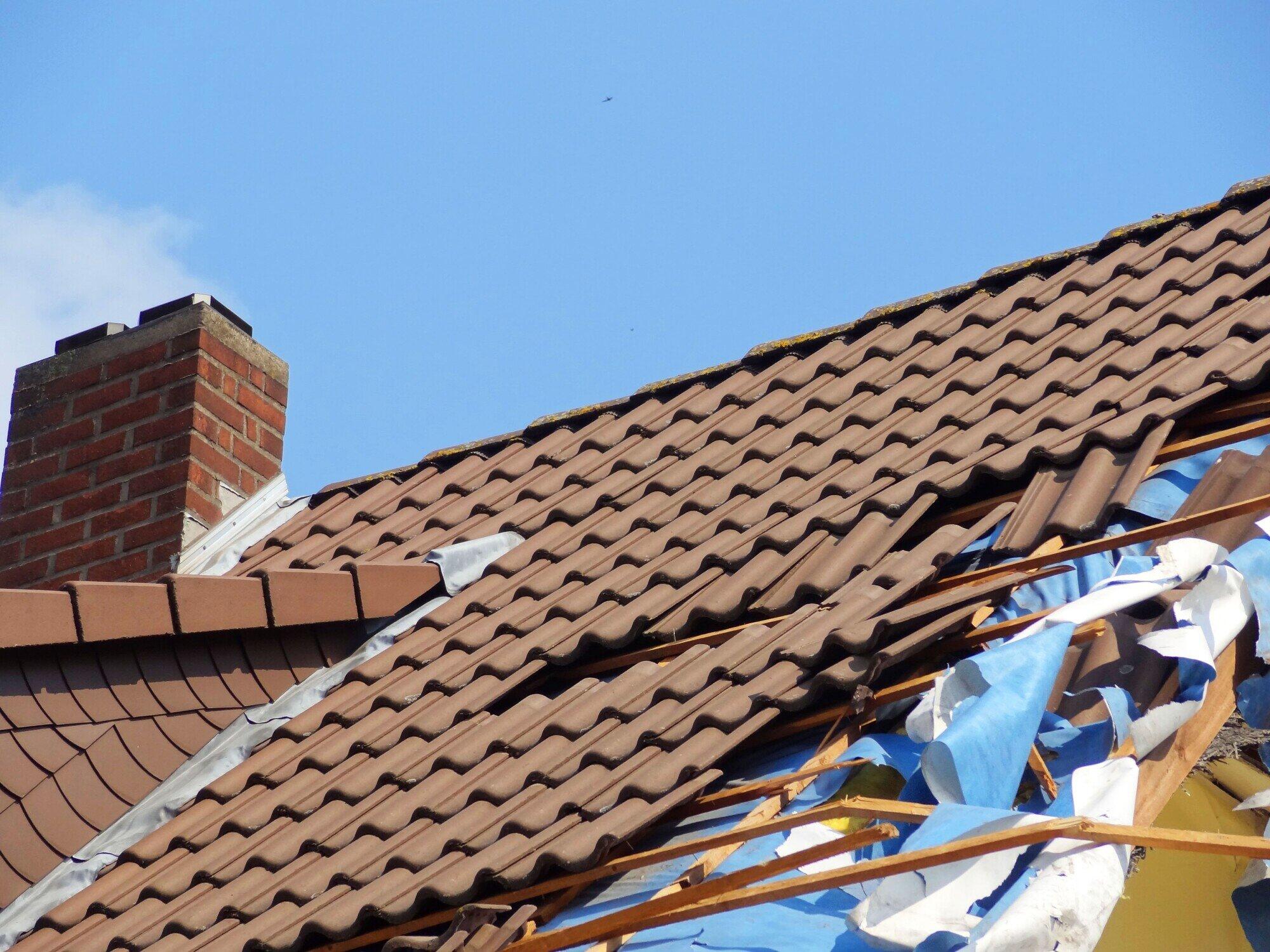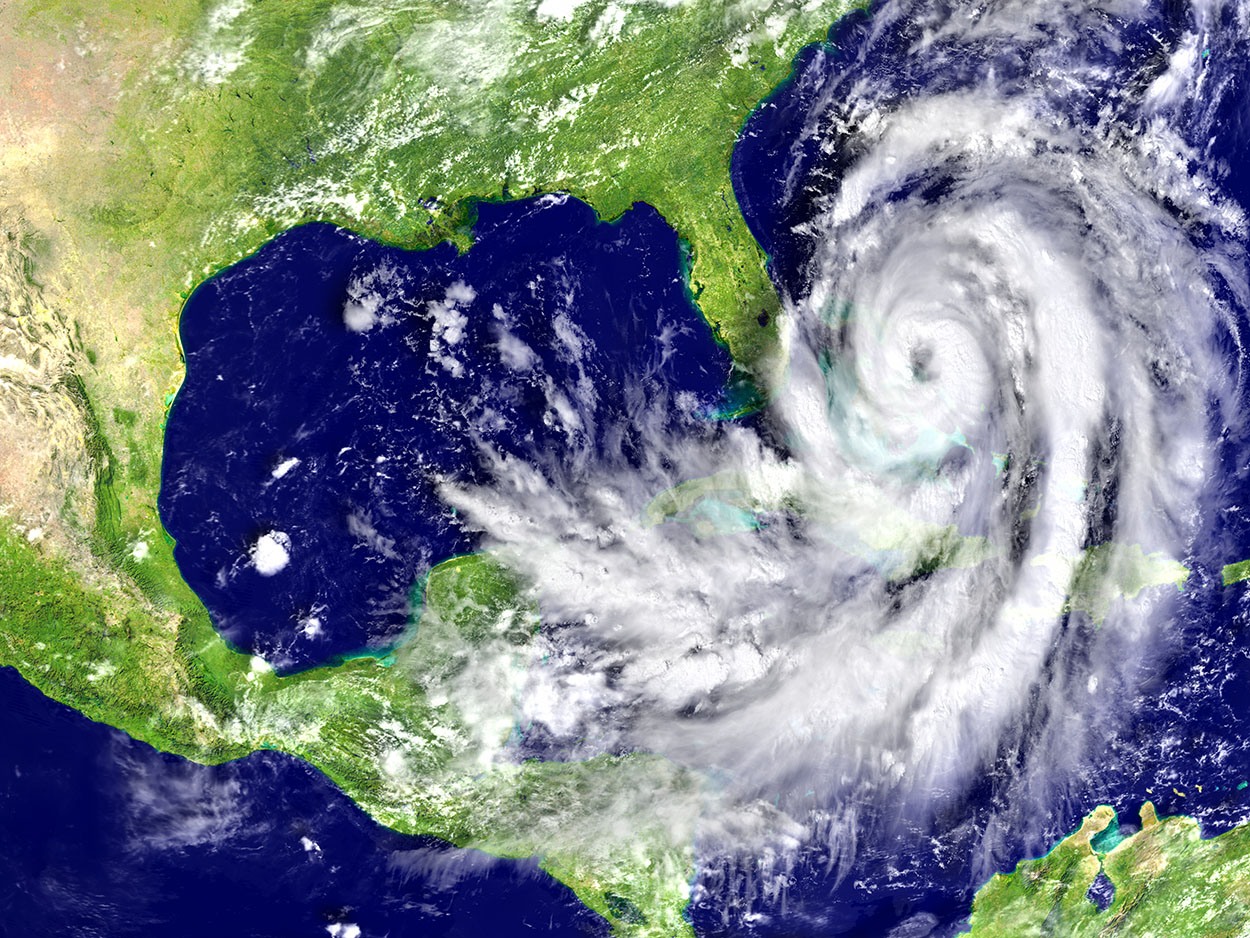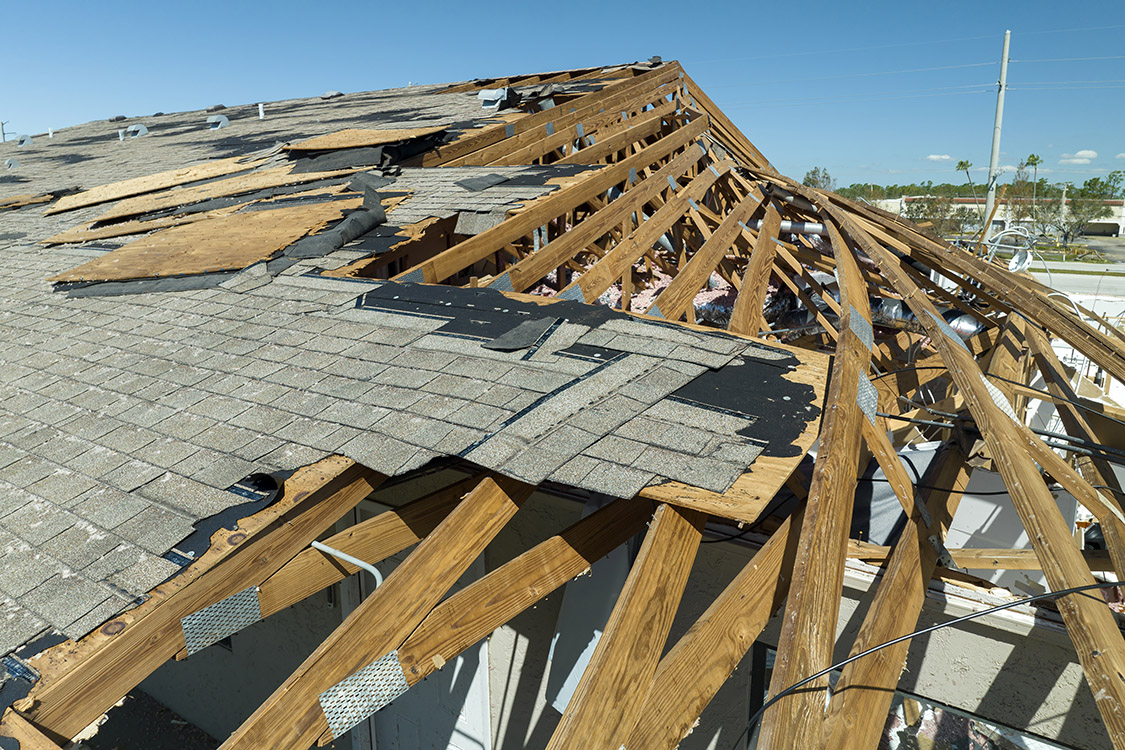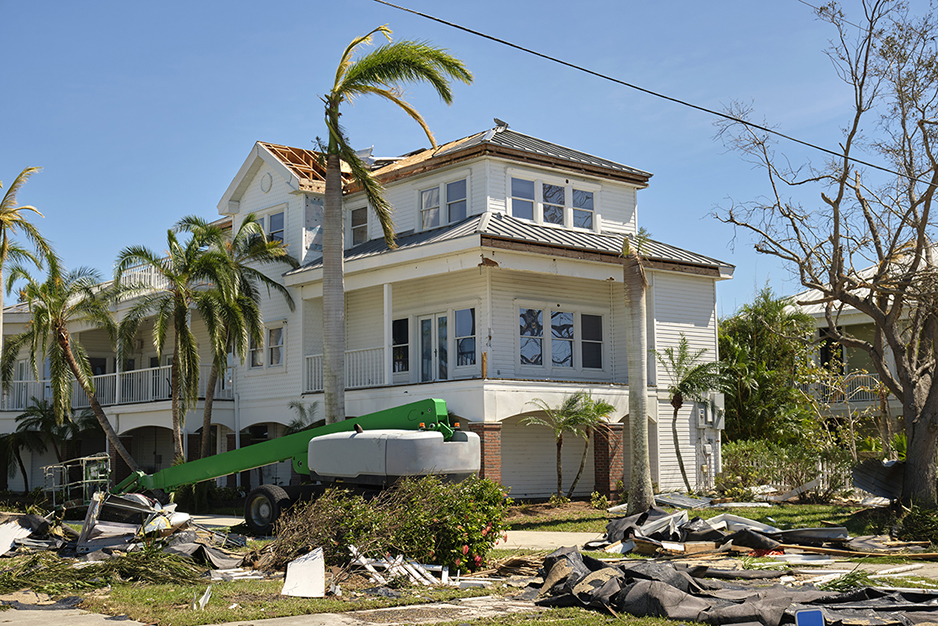Water Damage Claims: Everything You Need to Know
Whether you're facing water damage from a bad storm or a pipe inside your home bursts, it can be messy and daunting. Water finds the lowest area and therefore is known to quickly spread throughout many parts of your home causing extensive damage.
Once you start to realize the scope of damage in your home, it's likely you'll be ready to call your insurance company. Water damage claims though can be tricky to get full coverage of payment.
If you need to file a water damage claim, you must do your best to accurately and correctly file the claim so the insurance company won’t and can’t deny a valid claim for payment.
Read on to learn more about water damage insurance claims so yours will get approved.
Types of Water Damage
Most insurance companies have rules that specify to water damage qualifications for a claim. Most policies cover the damage from water that occurs suddenly and happens from something internal in the house. Some policies exclude any interior damages if the water that caused the damage came from outside of the home in such a way that the water should not have been on the ground from outside before causing the damage to the home.
Let's take a look at some types of possible water damage.
Water Backup or Sewer Damage
Sewer damage in your home can occur when the sewer lines back up and the sewage water comes into your home. Sewer lines can back up from tree roots or even blockages in the main city line. This damage is called a Category 3 water loss and should be called in immediately when known. It must also be cleaned by professionals who are licensed to handle this type of water event.
Overflow Damage
Overflow damage happens when the water overflows from a sink, tub, toilet, or appliance in your home and would be categorized based on the origin of the water; ie. difference between a sink overflowing and a toilet overflowing.
Flood Water Damage
Flood water damage occurs when the water from outside rises to a level that it enters into your home. This can happen when you live near a water source and water levels are high or when there's a storm. This is different and separate damages covered under a flood insurance policy.
If you live in an area prone to floods and in a flood zone, you'll want to check your insurance policy to make sure you don't need a special policy to cover potential damage.
Getting Insurance to Cover Your Claim
There are some important steps to take to make sure the insurance covers your claim. You want to first discover the source of the water problem and take any measures possible to stop the water from flowing. Often this means turning off the waterline.
Once you have damage, you'll want to consider how the damage occurred and if that type of damage is covered in your policy. Then you'll need to make a claim with the insurance company.
If the damage is severe, you'll need to bring in professionals to handle water mitigation. It might also be necessary to leave your home. It's important to take as many photos as possible to document the water damage throughout the different stages to provide to the insurance company. It will be much easier to get paid if you show the actual water lying on the ground and continued to the source.
If you call a plumber – keep whatever piping they may replace to show the insurance adjuster at your inspection.
Then you'll need to see what your insurance company plans to do about the claim. If they pay the claim right away, then you need to meet with contractors, get estimates, and schedule repairs.
But what should you do if your insurance company doesn't want to pay the claim?
Get Legal Help
The reality is that insurance companies are supposed to provide protection when the worst happens, but there are many defenses and conditions to get paid. Based on the facts, policy language and circumstances it is also true that they can make getting a claim paid very difficult.
Sometimes getting the insurance company to do what they're supposed to do means getting legal help. An experienced attorney will know the laws related to water damage and also know how to negotiate with your insurance company.
If you're struggling to get a claim paid, you might need to hire an attorney.
Get Your Water Damage Claims Approved
Facing water damage in your home can turn your life upside down. It makes a mess of your home, sometimes to the point of making it unlivable. Your insurance company should pay to cover water damage claims as you are paying premiums to be protected when this happens.
If you have a problem in your home or building from water and are struggling to get the insurance company to pay up, we can help. Contact us today to get help with your water damage claim and we'll get to work so you can get your home back in order.
‹ Back










Comments